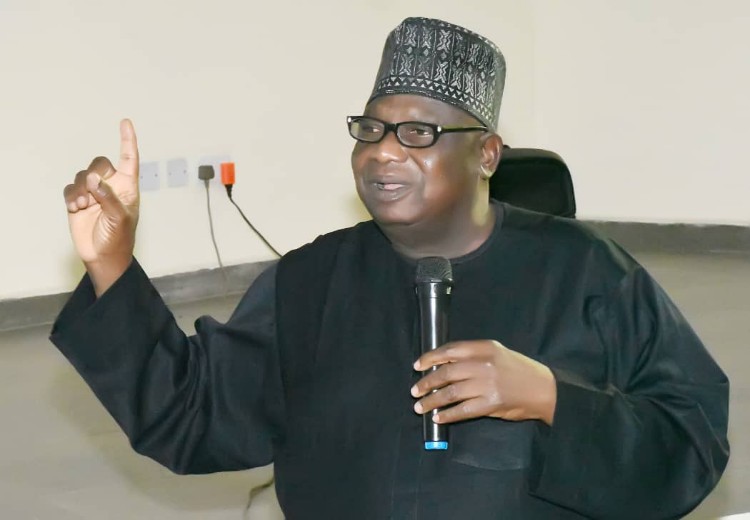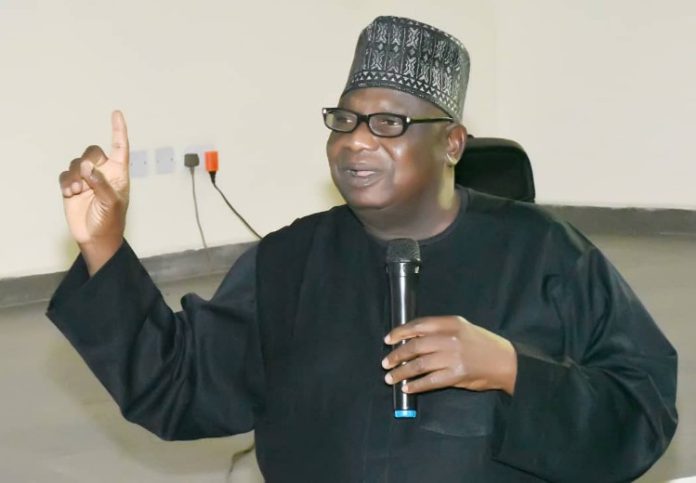…..Calls For Increased Penalties and Transparency
The Chairman of the Police Service Commission, DIG Hashimu Argungu (rtd) has called for increased penalties and Transparency in Nigerian Procurement activities and practices. He lamented the recalling issues of circumventing some provisions of the Procurement Act such as contract splitting and variation.
The PSC Chairman spoke today, Wednesday, August 7th, 2024, at the fifth edition of the Commission’s ‘Arena of Knowledge’ weekly lecture series held at its Parry Osayande Auditorium in Jabi Abuja.
According to a press release on Wednesday, August 7th 2024 signed by the PSC Head of Press and Public Relations, Ikechukwu Ani, said that he presented a paper on Public Procurement in Nigeria: Police Service Commission template, Process and Practices where he traced the Structure of a Procurement Planning Committee in Government Ministries and Parastatals; the basic three categories of contract in public Procurement Act, 2007; and Rules of the Contracting Game which the procuring Entity should comply with.
He also looked into the Legal Framework and Administrative Instruments in Public Procurement in Nigeria and the Liabilities and Consequences of the Implications for non-compliance.
Dr Argungu frowned at the non-operationalization of the National Council on Public Procurement and the lack of proper administrative control and Oversight function over Ministries, Departments and Agencies in contract award and execution by the Bureau of Public Procurement.
He also spoke on the challenges of delays in processing and approval of requests of “NO Objection” by the Bureau and inadequate funding to sustain capacity building.

He also noted that the mismatch between budgetary appropriations and the actual release of funds is a serious threat to Nigerian Public Procurement practices.
DIG Argungu mentioned delays in the investigation and prosecution of Offenders of the Provisions of the Procurement Act; payment delays and sometimes non-payment of contractors for work done and weak enforcement that have given rise to the pervasive culture of non-compliance.
He called for the elevation of Procurement authority to a high level “presumably to a talented person of high integrity)”, strengthening Anti-corruption measures, enhancing the legal and regulatory framework and mitigating political influences.
Mr Aliyu Ahmad, Head, of the Procurement Unit of the Commission in his presentation on the same subject matter said Public Procurement can stimulate economic activity, create jobs and support local businesses.
He added that it also promotes openness, fairness and accountability in government spending.
Mr Ahmad said Public Procurement ensures the government gets the best value for its money, reducing waste and inefficiency and also facilitating the development of critical infrastructure such as roads, bridges and public buildings.
According to him “good Procurement is impartial, consistent and therefore reliable. It offers all interested contractors, suppliers and consultants a level playing field on which to compete and thereby, directly expands the purchaser’s options and opportunities” adding that it establishes and maintains rules and procedures that are accessible and unambiguous.


